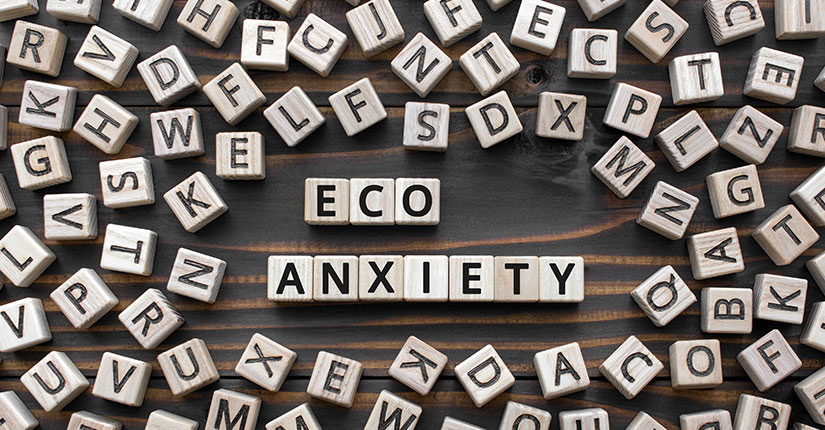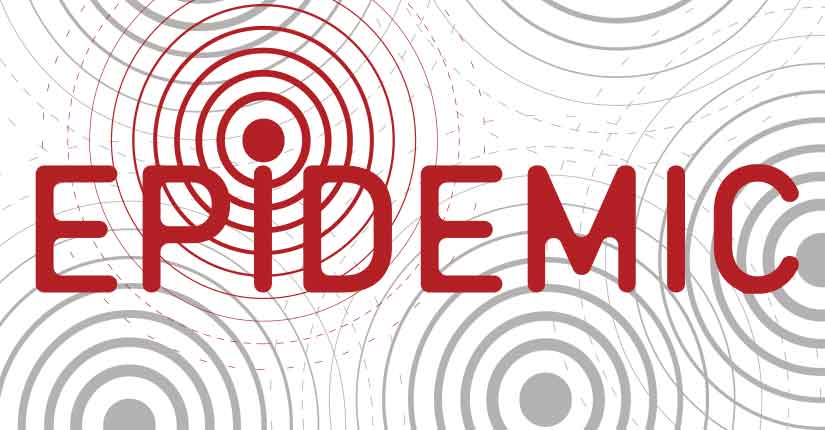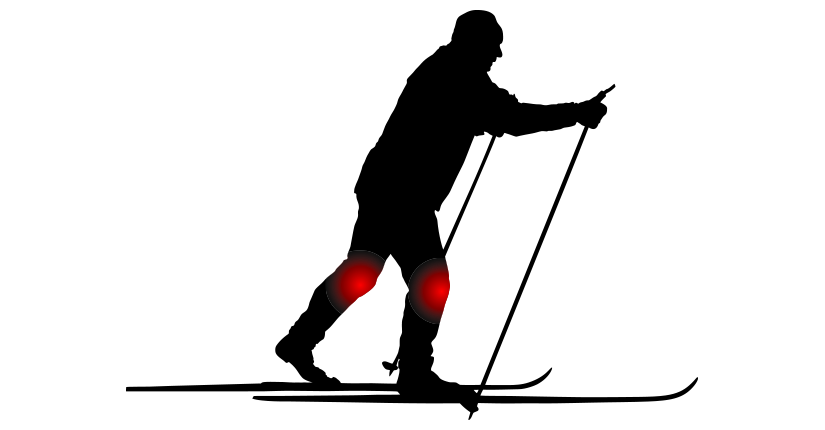All you Need to Know about Eco-Anxiety
By Nmami Life Editorial 29-Jan 2020 Reading Time: 5 Mins

If we go through the literal meaning of eco-anxiety, it refers to the distress of environmental destruction or ecological disaster. This type of anxiety depends on the present and foreseen future state of the environment while checking the list of factors for human-induced climate change. Various researchers relate the term “eco-anxiety” to the distress related to the environment. It defines levels of prolonged or severe anxiety connected to the relationship of human with the environment.
Let’s see it with statistics
According to a recent survey, more than 70% of people all over the world are concerned and anxious about climate change and 51% of them always feel “helpless” regarding what to do with the environment.
Various anxiety and concerns regarding environmental problems like increased risk of damage to weather issues like injuries of livelihood or housing, terrors for loss of future generations and mental state of helplessness.
The risks of climate-change can disturb mental health in various ways like:
- Trauma and shock
- Post-traumatic stress disorder (PTSD)
- Anxiety
- Depression
- Aggression
- Reduced feelings of autonomy and control
- Different types of feelings of helplessness, fatalism, and fear
Who does it affect?
The damage to the environment does not affect all people in the same proportion. Therefore, many people are more likely to feel nervous about the risk of imbalance to various environment-related issues passionately.
People who are living near coastal communities are more susceptible to the fear of loss as their profile is related with the jobs in fishing, tourism, and agriculture and they are more likely to be affected by the risk or crisis related to the environment.
Under-written are some of the groups that are more prone to experience eco-anxiety:
- Newly moved people and forced migrants
- People who are suffering from mental or physical health conditions
- People with lesser socio-economic status
- Children and young adults
- Older adults
How do I know if I have eco-anxiety?
There are no proper symptoms of eco-anxiety but a person can feel basic symptoms like sadness, angriness, frustration and helplessness towards the environment.
A person can easily be affected by negative news about the environment. And these effects can further lead to problems with the everyday life like discouraging vibes to the ability to work, negative perception towards themselves, and problems towards mental health.
Taking action
Positive steps to deal with this problem are important and it can also help in reducing the feelings of anxiety and powerlessness. There can be psychological benefits as well if you treat this problem as soon as a possible.
Various positive actions include:
- Communicating with others regarding decent and worthy environmental practices
- Step up with an environmental group
- Converting to greener choices that include recycling and sticking to a sustainable diet like eating less meat and dairy products
- Talking to mental health professionals may help you to recognise the glitches which further help you in developing a plan to control the issues.
- Gaining knowledge from the doctor about how you can solve this can help you a lot
- Connect with like-minded people


















